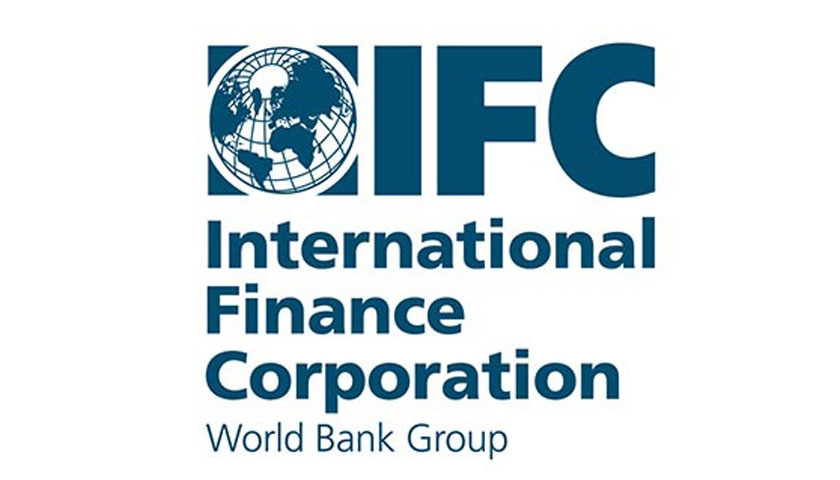The International Finance Corporation (IFC) and IDB Invest have launched practical guidance to support the private sector in efforts to address the risks of retaliation against project-impacted stakeholders.
Reprisals against those who voice concerns or opposition to development projects have grown in visibility worldwide, with civil society organizations (CSOs) such as the Business and Human Rights Resource Centre reporting an increase to over 600 incidents in 2020. Victims of reprisals can be both internal to a company or project, as well as external stakeholders, including community members, activists, and members of CSOs.
The COVID-19 pandemic has heightened the concerns around the risks of reprisals, as specific scenarios could become exacerbated in the context of the pandemic, such as physical lockdowns; increased presence of public security; and confidentiality and safety of community members.
The publication, Good Practice Note for the Private Sector: Addressing the Risks of Retaliation Against Project Stakeholders, responds to the need for companies to have practical guidance on screening, preventing, and responding to incidents of reprisals.
IFC and IDB Invest do not tolerate any retaliatory action by clients against those who voice their opinion regarding the activities of IFC, IDB Invest or their clients. Both institutions require, as part of their applicable policies and standards, that clients put in place meaningful stakeholder engagement and operational level grievance mechanisms without retribution to the party that originated the issue or concern, so that stakeholders have effective channels to share their concerns without fear of retaliation.
“The ability of stakeholders to engage freely with IFC and its clients is critical to achieving positive development outcomes and for effective environmental and social risk management.” said Nessim Ahmad, Senior Director, Environmental & Social Policy and Risk Department, IFC. “The new note issued today is an important resource for our clients as it provides practical advice on how to screen for high-risk situations, identify mitigation measures, take early action to address risks, and respond promptly to reprisal allegations.”
Reprisal incidents can result in loss of life, infringe on basic rights and freedoms, spark community protests, disrupt business operations, reduce company credibility with shareholders, put financing at risk, and jeopardize a business’s social license to operate.
“As reflected in the new IDB Invest Environmental and Social Sustainability Policy that went into effect in 2020, IDB Invest is committed to promoting the responsibility of business to respect human rights and takes seriously any credible allegation of reprisals. The partnership between IDB Invest and the IFC in developing this practical guidance provides a clear signal that stakeholder engagement and the ability of stakeholders to freely voice views and concerns is at the core of an inclusive development process” said Gabriel Azevedo, IDB Invest Chief of Environmental, Social and Governance Division.
IFC and IDB Invest have also previously released institutional positions against retaliation of project stakeholders: IFC 2018 Position Statement; IDB Invest 2018 Commitment statement human rights
